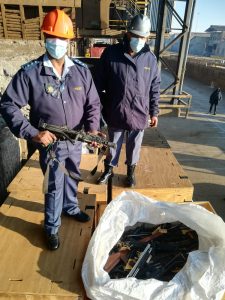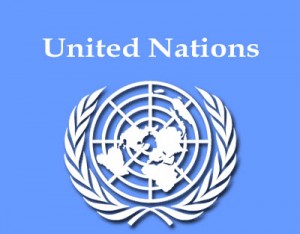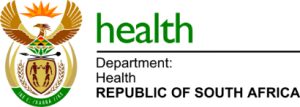Dr Ahmed Al-Mandhari, WHO Regional Director for the Eastern Mediterranean and Dr Adriana Blanco Marquizo, Head Secretariat of the WHO FCTC
25 January 2021
2020 will be remembered as the year everything changed due to the COVID-19. Despite the pandemic, 17 countries in the WHO Eastern Mediterranean Region moved to ban tobacco use in public places in order to protect their populations from the unprecedented pandemic. For the first time, social norms on tobacco use are changing in favour of healthier behaviours, and, in turn, the Region is seeing a decline in tobacco use for the first time. But this momentum must be maintained throughout the pandemic and beyond if we are to sustain these health gains.
As part of the noncommunicable disease agenda, countries around the world have committed to reducing tobacco use by 30% by 2025. If action continues at its current pace, this target also may be achieved in the Eastern Mediterranean Region.
For those reasons, the WHO Regional Office for the Eastern Mediterranean and the Secretariat of the WHO Framework Convention on Tobacco Control (WHO FCTC) are calling on all countries of the Region – whether they are Party to the WHO FCTC or not – to continue their tobacco control efforts and also add other effective demand-reduction measures, such as price and tax increases that also provide much-needed revenue; bans on tobacco advertising, sponsorship and promotion; pictorial warnings and plain packaging for tobacco products. These measures are listed among the priorities of the Global Strategy to Accelerate Tobacco Control adopted by the Eighth Session of the Conference of the Parties to the WHO FCTC.
Controlling the tobacco supply is also a priority since cheap illegal tobacco undermines tobacco control and decreases government revenue from taxes. The Protocol to Eliminate Illicit Trade in Tobacco Products (Protocol) is the key policy tool to confront the problem; however, only seven countries in the Eastern Mediterranean Region are Parties to the Protocol. Therefore, we call on the remaining 12 Parties to the WHO FCTC in the Region to also become Parties to the Protocol.
Today, nearly 16 years after the entry into force of the WHO FCTC, the main obstacle to tobacco control continues to be interference of the tobacco industry and those who work to further its interests. In order for its multibillion-dollar business to thrive, the tobacco industry needs to replace users who die or quit by hooking the next generation of young users on tobacco and nicotine products. While there is not enough independent evidence to demonstrate that new tobacco and nicotine products will drive down tobacco use, many young people are becoming addicted to nicotine thanks to these products.
Evidence shows that full implementation of the WHO FCTC and the Protocol – through policies that countries have put in place and will continue to scale up – will reduce tobacco use. Ministers of health need to call for a whole-of-society approach to protect hard-earned achievements in tobacco control. In addition, individuals should be encouraged and assisted in taking the opportunity to quit and refrain from the use of any form of tobacco and nicotine products.
The governments of the Member States of the Eastern Mediterranean Region have built unprecedented momentum for tobacco control during the COVID-19 pandemic. Let 2021 be remembered as the year when tobacco control changed forever in the Eastern Mediterranean Region.









